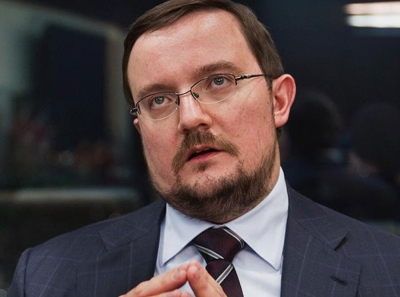EU electricity market: a breakthrough for stability?
After much wrangling, the EU’s energy ministers have agreed on a reform of the bloc’s electricity market. The key point: producers of non-fossil-based electricity — including electricity from nuclear power, which was highly controversial — will receive subsidies if the global market price falls below a certain level. When prices are high, they pass on surpluses to the state. The goal is stability for producers and consumers and less dependence on gas purchases.
Reform cushions price shocks
The Süddeutsche Zeitung describes the reform as a big step forward:
“This is an important step for accelerating the energy transition and being able to cushion the impact of energy price shocks. Consumers will have more freedom of choice and be better protected thanks to this regulation. Although the reform will not completely eliminate electricity prices as a driver of inflation, it will certainly slow the process down. It won’t prevent price shocks, but it can mitigate them. And instead of everyone inventing their own electricity price brakes and industrial electricity prices in a crisis situation, there will be a binding framework for all member states within which they can subsidise energy costs and the energy transition.”
Planning security for nuclear power at last
Countries like the Czech Republic which rely on nuclear energy will benefit from the agreement, Echo24 points out:
“It gives the construction of new power plants in Europe a perspective, without the constant danger of power shortages. It was this uncertainty that plunged Europe into a serious energy crisis last year. ... The reform gives countries the possibility to subsidise not only renewable energies but also nuclear energy. This effectively puts nuclear energy in the same category as green sources. Countries can thus give investors in nuclear power plants a guarantee that new power plants will be profitable. They can offer them a guaranteed price for years to come — as is already the case with renewable sources today.”









